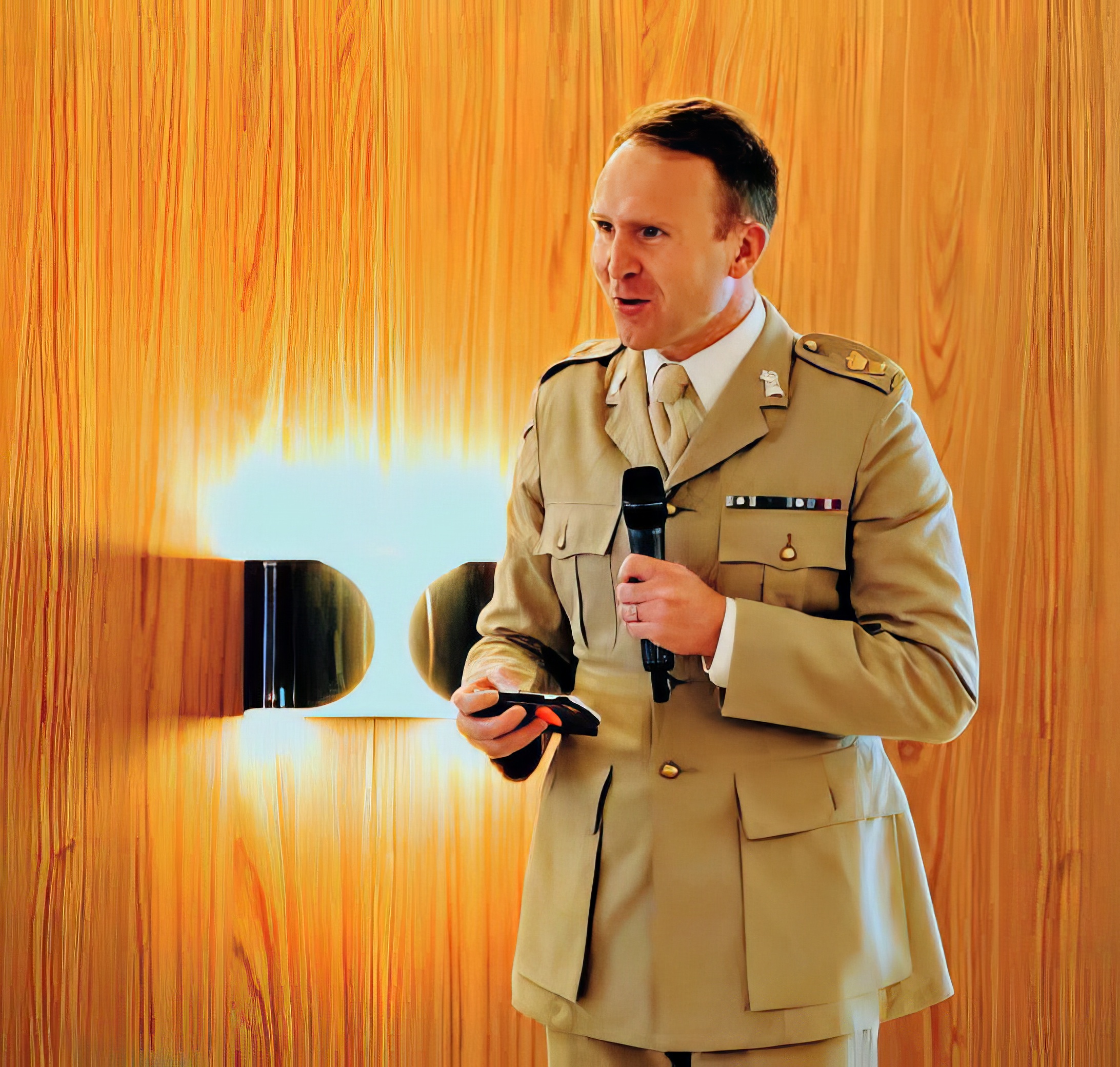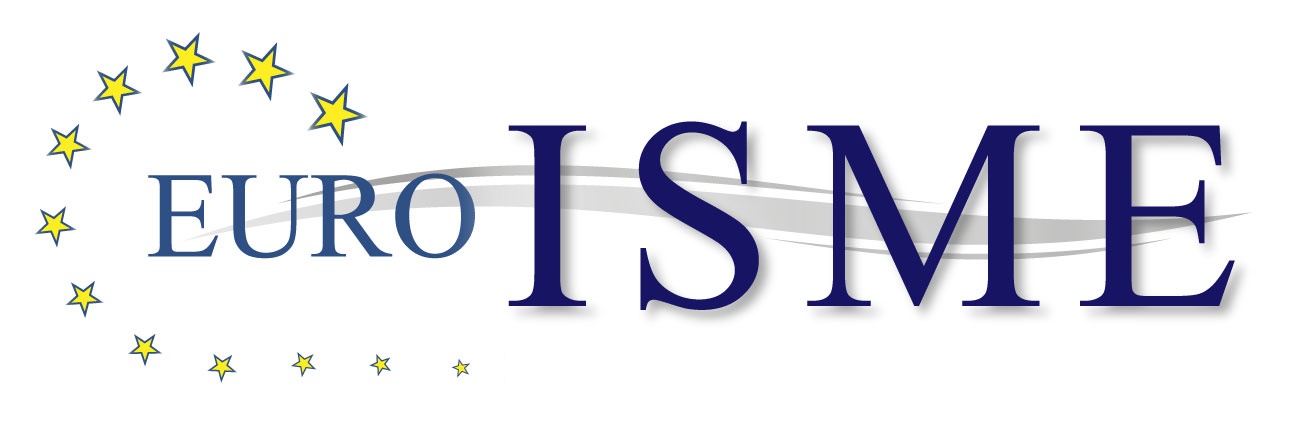A box has arrived with volume 14 in EuroISME’s book series on military ethics. It concerns the winning thesis of Lt.Col. Matthew Fyjis-Walker, who won the prize in Budapest with is study: “Who benefits from sanitized language of violence?” His work has been published by Martinus Nijhoff on an open access basis: https://brill.com/search?q1=Fyjis-Walker+Matthew
In his thesis, Matthew Fyjis-Walker argues that language is not neutral; it determines, and is determined by perspective. His winning thesis explores the role of an influential vocabulary of war, sanitised language, the language that seeks to clean up the appearance of events through euphemism, abstract words and opaque phrases. Critical discourse analysis of the language of recent military campaigns shows that the public authorities do not explain events as clearly as they might. Despite social, political and strategic incentives to use sanitised language, its use appears to undermine the democratic process and reduce public authorities’ freedoms, possibly emboldening adversaries and turning away potential partners.
.

.png)
Speaking on behalf of the jury, the Rev. Lt.Col. Janne Aalto from Finland stated in Budapest: “In his excellent master’s thesis, LtCol Matthew Fyjis-Walker brings up topics that are very familiar to many of us. Or at least they should be, because I dare say that anyone who works for the armed forces or in the field of security policy has bumped into practises thoroughly specified by him in his final paper. Whether we recognise sanitized language ourselves and, first and foremost- whether we use it ourselves is a different story. Either on purpose or without giving it too much thought- repeating terms we have learned without thinking about their actual meaning. (…) What makes LtCol Fyjis-Walker’s master’s thesis such a fine piece of academic work derives from the fact that he shows where the slight difference in the use of expressions leads to. His paper departs from the statement that “sanitised language is not a well-defined class of vocabulary. It’s composed of language that seeks to clean up the appearance of events. Sanitised language’s tools include abstract terms, euphemisms that stretch social norms, the dulling of emotional content, and obscuration of difficult issues”.
In the meantime, the competition for EuroISME’s best thesis for the year 2025 has opened and all European students studying at the Masters level are encouraged to compete. The prize ceremony will take place in May 2025 in Madrid. The deadline for submissions is November 30th 2024. For further details, please visit https://www.euroisme.eu/index.php/en/euroisme-prize/jury-regulations


